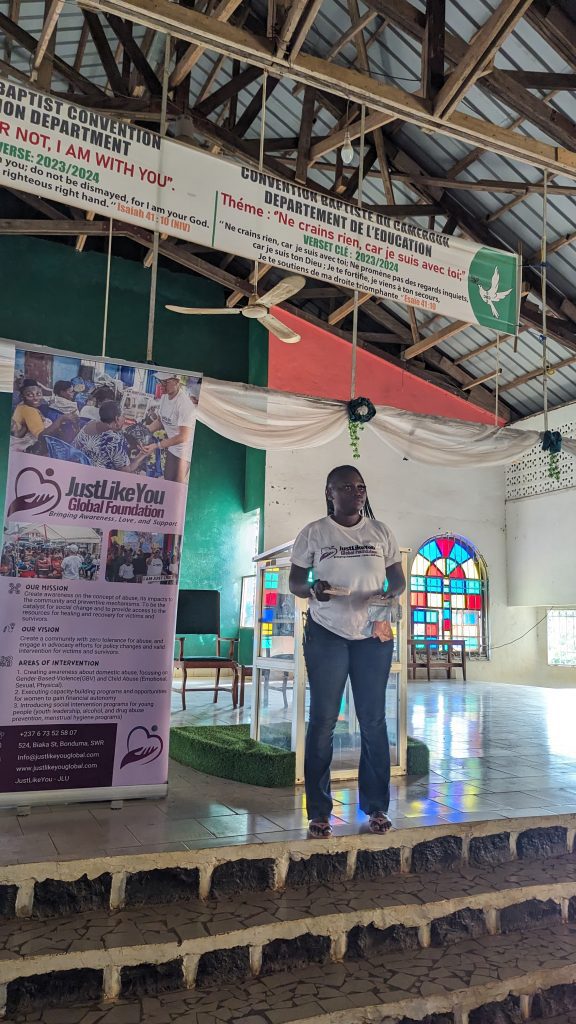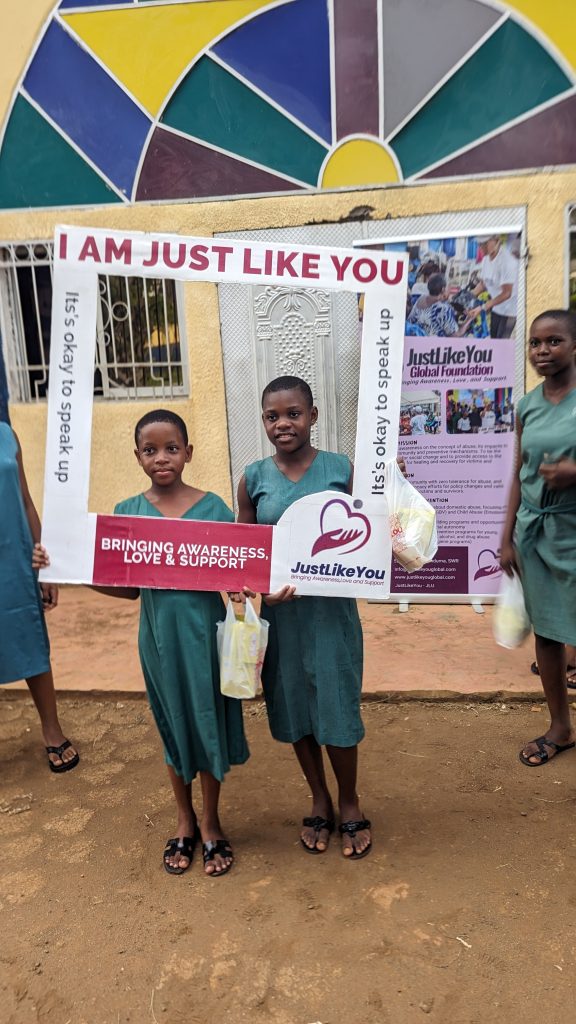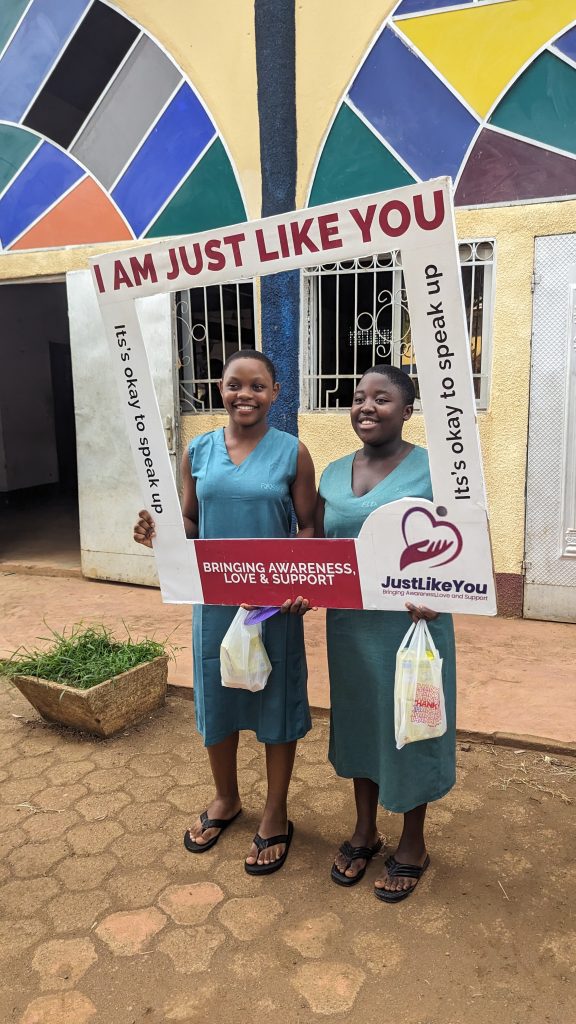JLU Global Foundation expanded its reach this year by adding Saker Baptist College to the outreach program (Courtesy of ExSSA Ohio Chapter). With an additional 500 young women served and a partnership with the Welisane Foundation, our team was able to educate and distribute disposable pads to schools, especially to underserved, internally displaced young girls.
Menstrual hygiene education for young girls is crucial for several reasons:
Health and Well-being: Proper menstrual hygiene practices contribute to young girls’ overall health and well-being, reducing the risk of infections and other health issues associated with poor hygiene during menstruation.
Empowerment and Confidence: Education on menstrual hygiene empowers girls with knowledge about their bodies, normalizing a natural biological process. His knowledge enhances their confidence and self-esteem, reducing the stigma and taboos surrounding menstruation.
School Attendance and Performance: Improved menstrual hygiene management allows girls to attend school regularly, promoting better educational outcomes. Proper hygiene often leads to absenteeism, hindering girls’ academic progress.
Prevention of Infections: Understanding proper hygiene practices helps girls avoid infections related to menstruation, fostering a healthier and more comfortable experience during their menstrual cycles.
Breaking Taboos and Stigma: Menstrual hygiene education contributes to breaking societal taboos and reducing the stigma associated with menstruation. This, in turn, creates a more open and supportive environment for girls.
Cultural and Social Impact: Menstrual hygiene education challenges cultural norms and societal expectations of menstruation. Fostering understanding and acceptance contributes to a more inclusive and gender-sensitive society.
Environmental Impact: Education on sustainable menstrual hygiene practices, including eco-friendly products, can contribute to environmental conservation by reducing the ecological footprint associated with menstrual waste.
In essence, menstrual hygiene education is not just about imparting practical knowledge but also about promoting a positive and informed attitude towards menstruation t plays a vital role in supporting the overall development, health, and dignity of young girls as they navigate this natural aspect of their lives.













